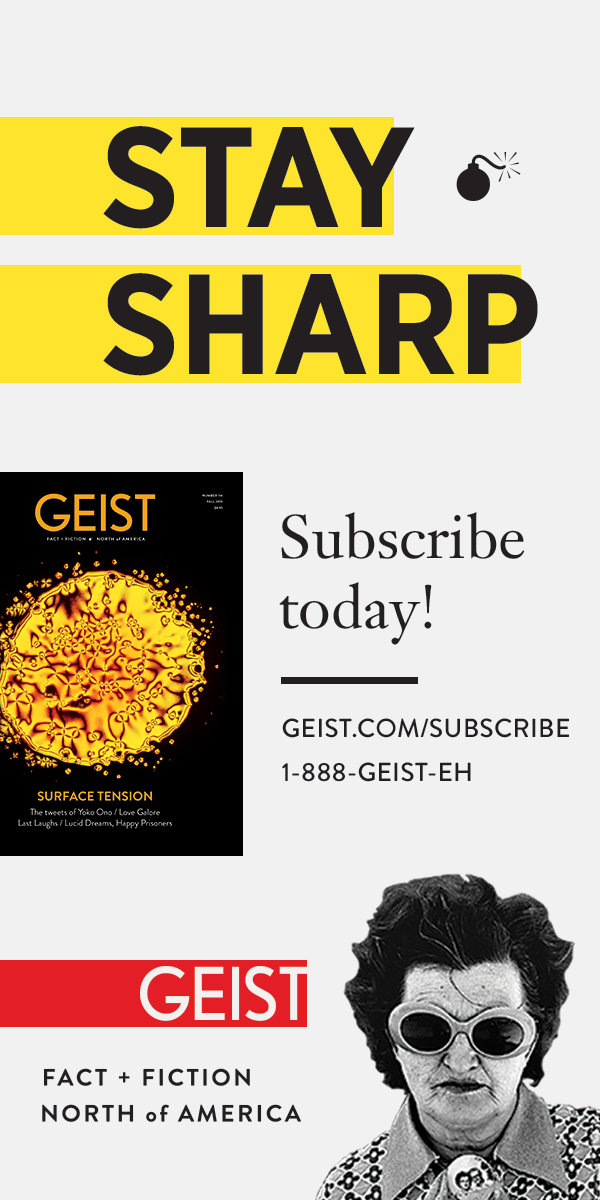Today's post was written by Tim Focht, one of PRM's Associate Editors and the magazine's Travel Editor. Tim comes to the Publishing Program from Thunder Bay, Ontario, with a love for sports stats perhaps matched only by his love of writing.
By assumption, an editorial team – specifically a rookie editorial team – will have come from diverse backgrounds. Not that these are always particularly rangy backgrounds, but roots in even mildly different disciplines will bring wildly different writing styles and strengths to the table.
A scholar at heart, I’ve found approaching journalistic writing to be a deceptive animal – the concision and technical rigidity quells most of my florid intents, but filters essential content to the forefront. In preparing copy for a magazine like ours, it becomes difficult, at times, when grappling with the dichotomy between creativity and essential description. This is a fair concern—but not a very patient or sympathetic one. Without experience in this particular form of writing, it is likely that your own style and technique will feel like too fine a tool for too rugged a job.
Your writing process should be thought of as a series of reflexes—a series of split second decisions akin to what would be characterized as your brain’s muscle memory. Imagine an interview of a relatively average individual in a relatively average setting concerning a relatively average event. How would you go about presenting this scene through your writing? I imagine a progression unbefitting an article whose intention is to distribute information. I might focus on the river running quietly in the background, its banks lined with teak and cherry trees. I might ramble into an aside concerning the appearance of the interviewee—but this is likely to detract from what needs to be said about the topic and person at hand.
To say this sort of writing discourages creative direction would be highly false—and in turn, to ignore the quirks and features of finely concise and edited content would be a great misstep. After weeks of such tilling of words, we’ve come to rest with a wealth of content that is not representative of any single person’s style or disposition—instead, we have a magazine that equally shows and tells the stories we have crafted. Journalism is just that—we are writing for others, and need to find a fair balance when concerning how to represent ourselves in our work.






